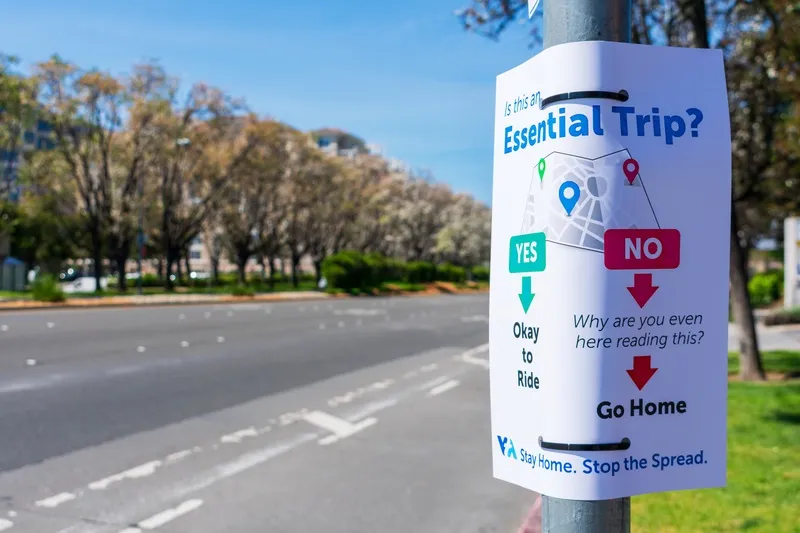A French study cliams that nearly one-tenth of car accidents causing bodily injuries are associated with the use of mobile telephones. Compared to drivers who do not have phone conversations while driving, the risk of an accident increases threefold whether a driver is talking directly into a mobile phone or using a hands free kit. At any given moment, it is calculated that roughly six per cent of all drivers are talking on their mobile phones or hands-free kits.
May 16, 2012
Read time: 1 min
A French study claims that nearly one-tenth of car accidents causing bodily injuries are associated with the use of mobile telephones. Compared to drivers who do not have phone conversations while driving, the risk of an accident increases threefold whether a driver is talking directly into a mobile phone or using a hands free kit. At any given moment, it is calculated that roughly six per cent of all drivers are talking on their mobile phones or hands-free kits.
The report was published by Inserm, the French national institute for health and medical research, and the Ifsttar institute for transport science and technology.
The report was published by Inserm, the French national institute for health and medical research, and the Ifsttar institute for transport science and technology.








